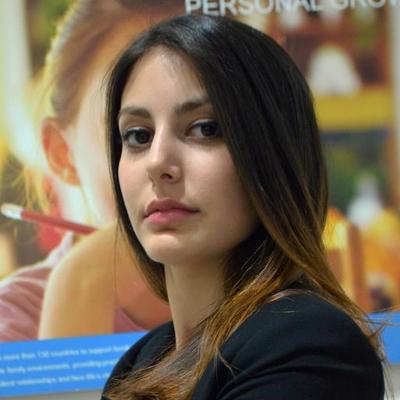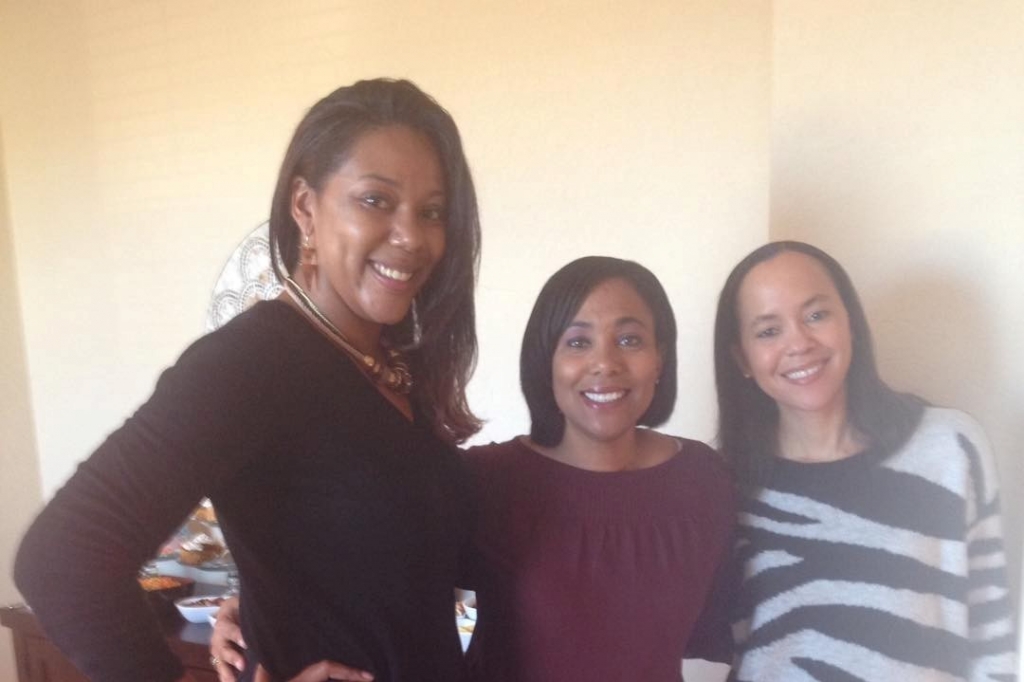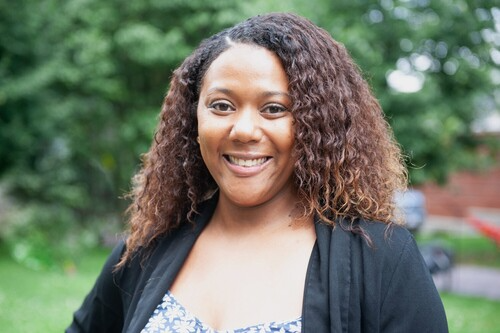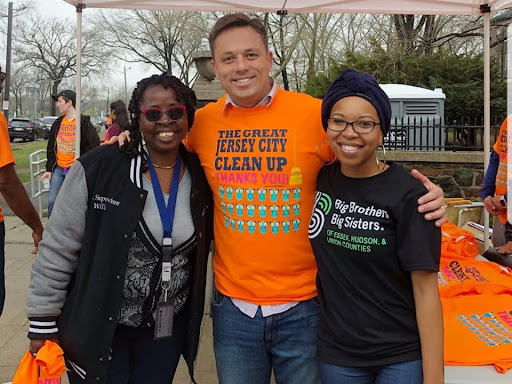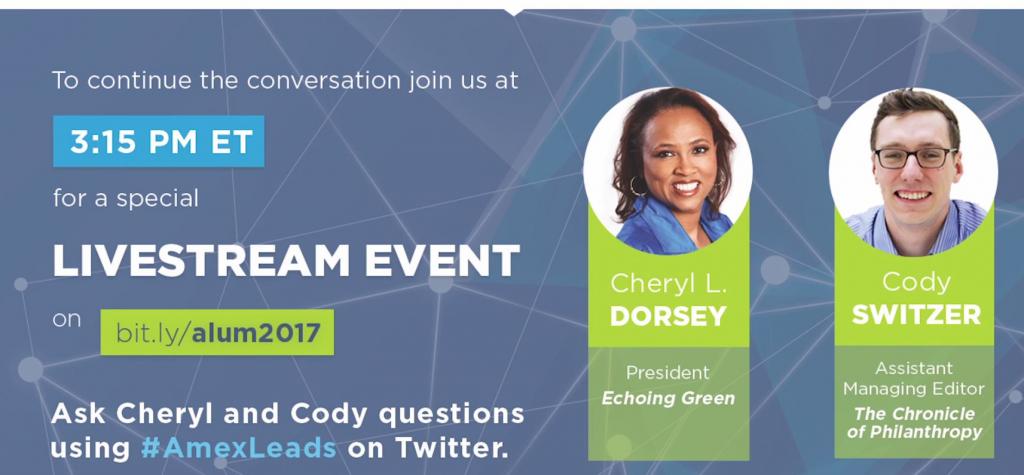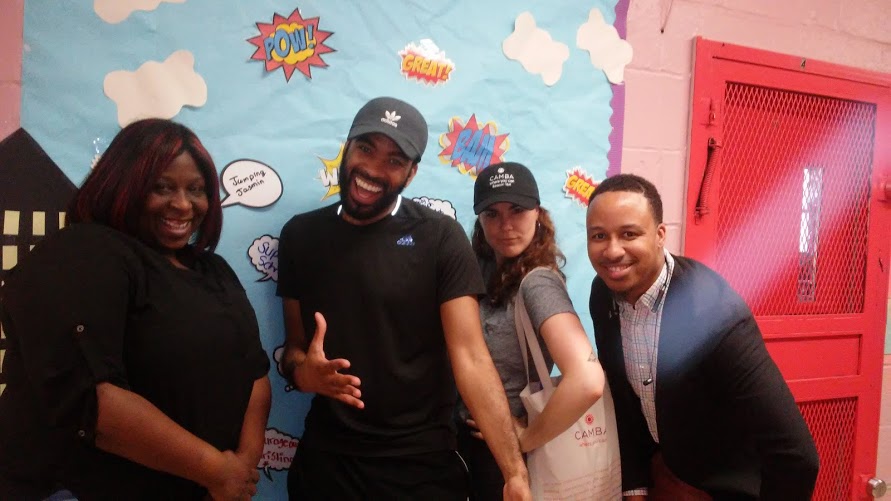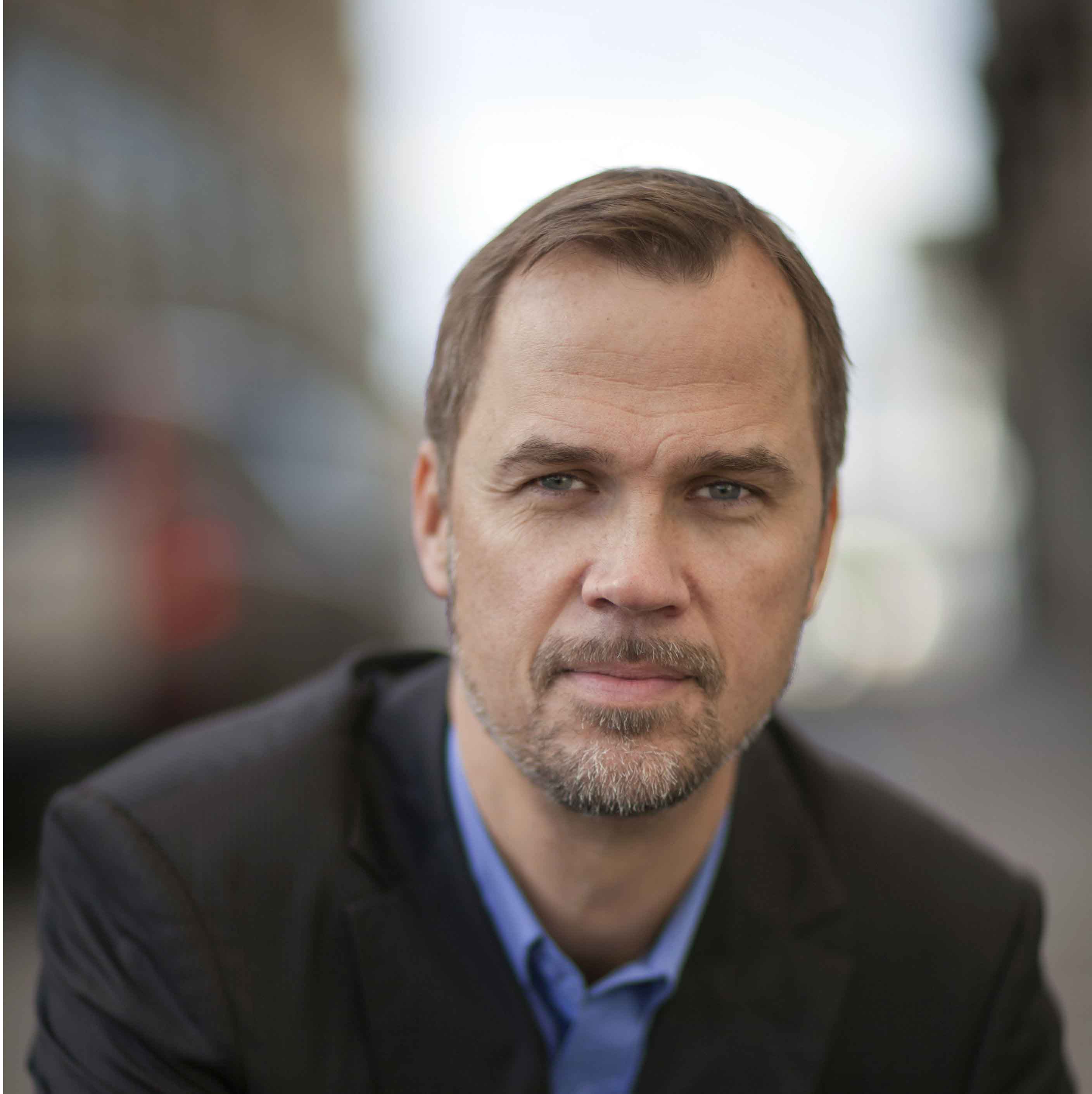
Each August the American Express Leadership Academy 2.0 at the Aspen Institute takes place in the bucolic valley of Aspen, Colorado. The Academy is designed to help nonprofit leaders reflect on timeless ideas and values. Through text-based dialogue with expert moderators and accomplished peers, participants enhance their capacity to think more creatively to solve society’s greatest problems. Now in its 7th year, this seminar offers a unique approach to leadership development by requiring all participants to read texts by Aristotle, Rousseau, Locke and Whitman to explore topics such as human nature, liberty, equity and justice.
The weeklong seminar, punctuated by hikes in the Rocky Mountains, culminates in the participants’ presentation of Sophocles’ Antigone as a means of exploring the universal themes of justice, leadership and moral decision-making. Upon leaving the Aspen seminar, Academy 2.0 Alumni describe it as a powerful, creative experience, which is explored in more detail Inside the 2017 American Express Leadership Academy 2.0.
The Academy 2.0 is a hard act to follow, but some alumni recently figured out a way to build upon their unique experience in Aspen.
On a warm Friday in July, a group of 20 Academy 2.0 alumni gathered at the Caribbean Cultural Center/African Diaspora Institute in New York City for a day of workshops and dialogue. This unprecedented reunion allowed alumni to network with other world-class leaders from the 2010 through 2016 Academy 2.0 classes. Throughout the day, these high-potential leaders had the chance to engage in honest conversations with inspiring luminaries from the social sector.
Adapting to Changing Realities
The event started with a candid discussion featuring Sheena Wright, President & CEO of the United Way of New York City. Wright, the first African American woman to serve as CEO in the United Way’s 80-year history, spoke to the group about the challenges she has had to overcome as a woman of color—including what it was like to start her job as CEO just as Superstorm Sandy hit New York in 2012. She recalled that, “We walked into this building where everything was drenched in water. The carpets, the walls, everything was covered with mold. In these situations, your strategic plan flies out the window and you need to do something fast while navigating the established processes. It was a good lesson in leadership during times of rapid change.”
Next, Sean Thomas-Breitfeld, the Co-Director of the Building Movement Project, led a session on diversity and equity. He started by sharing the shocking statistic that less than 20 percent of nonprofit executive roles are occupied by people of color. “In a lot of these cases, these young talented people have to make the extra effort to overcome the biases of recruiters,” he told the group. The conversation was revealing, as several participants shared their own experiences with bias.
Work-Life “Integration” and Self-Care
During the lunch session, Ty Jones, the Producing Artistic Director of the Classical Theatre of Harlem (CTH), shared why he is committed to re-imagining classical works for modern audiences and to casting actors of color in the lead roles. Jones’ ideas about blending work with his personal life were especially compelling. For example, he shared how work and life can feed each other: “When I took over, [CTH] was in a huge debt. I didn’t lose hope. I wanted the theatre to become a reality, so I started a crowd funding campaign asking for $10 from the 1,500 personal connections I had on Facebook.”
Ty went on to advise that, “Sometimes we need to be careful about the idea of work/life balance. It is an idea of work life integration that will make our dreams come true..”
The daylong retreat concluded with sessions on organizational health and personal reinvention to assist alumni in thriving and performing to their maximum potential. Jen Meyer-Sandoval, Founder and Principal Consultant of Becoming Better Together, focused on the importance of continuous learning and support for nonprofit leaders as they tackle society’s most challenging issues.
At the end of the day, alumni attended a performance of Antigone at the Richard Rodgers Amphitheatre, presented by the Classical Theatre of Harlem. Inspired by Paul Roche’s adaptation of the classic Greek tragedy, CTH’s offering brought ancient ideas still relevant today to center stage such as order, law, justice and marginalized voices confronting power and patriarchy.
The goal of the Academy 2.0 is to offer an opportunity for nonprofit leaders to emerge from their time in Aspen personally renewed, professionally re-focused, and better prepared as they navigate the unique leadership challenges of social sector organizations in our ever-changing world. This inaugural reunion event established and reinforced the connections across all Academy 2.0 classes and provided a chance to re-examine topics from a new perspective.
For example, Emmanuel Imah, Alumni Engagement Manager at Upwardly Global and member of the Academy 2.0 2016 class, reflected that, “It has been a privilege being part of the Academy since 2016: I’ve grown from the knowledge, strength, and support of the group; my work has been enriched by learning from the experiences and wisdom of the many speakers and facilitators; I’ve blossomed and felt such a release in the safe spaces you’ve created for us all to freely share our experiences. You’ve contributed immensely in making my vocation more meaningful and satisfying. With such refreshing from the reunion, I look forward with optimism to more years of productive work in the social impact sector.”
Chloe Drew, Chief of Staff at the Markle Foundation and a member of the reunion planning committee, commented that, “It was an extraordinary day. I am still walking on air. Thank you all for being the committed, brave, warm and fun leaders that you are.”
Maria Choi, Founder and CEO of Raise for Good, offered her thanks for “creating the space and opportunity to build this community of passionate advocates for social change.”
About the American Express Leadership Academy
American Express has a deep history of supporting social purpose leaders to develop their leadership abilities and impact through its philanthropic platform, Developing New Leaders for Tomorrow. Under this giving initiativeAmerican Express makes grants focused on training high-potential emerging leaders to tackle important issues in the 21st century. More than 70,000 emerging nonprofit and social sector leaders worldwide have benefitted from American Express leadership programs, including the American Express Leadership Academy, its signature program. Since its launch in 2008, the Academy has grown from a single, New York-based program for 24 participants to an international movement, encompassing 11 Academy partners and 21 programs, across nine countries. The Aspen Institute’s Program on Philanthropy and Social Innovation is a proud partner in the Academy’s work to advance social good.

Leaders at the reunion in July 2018

